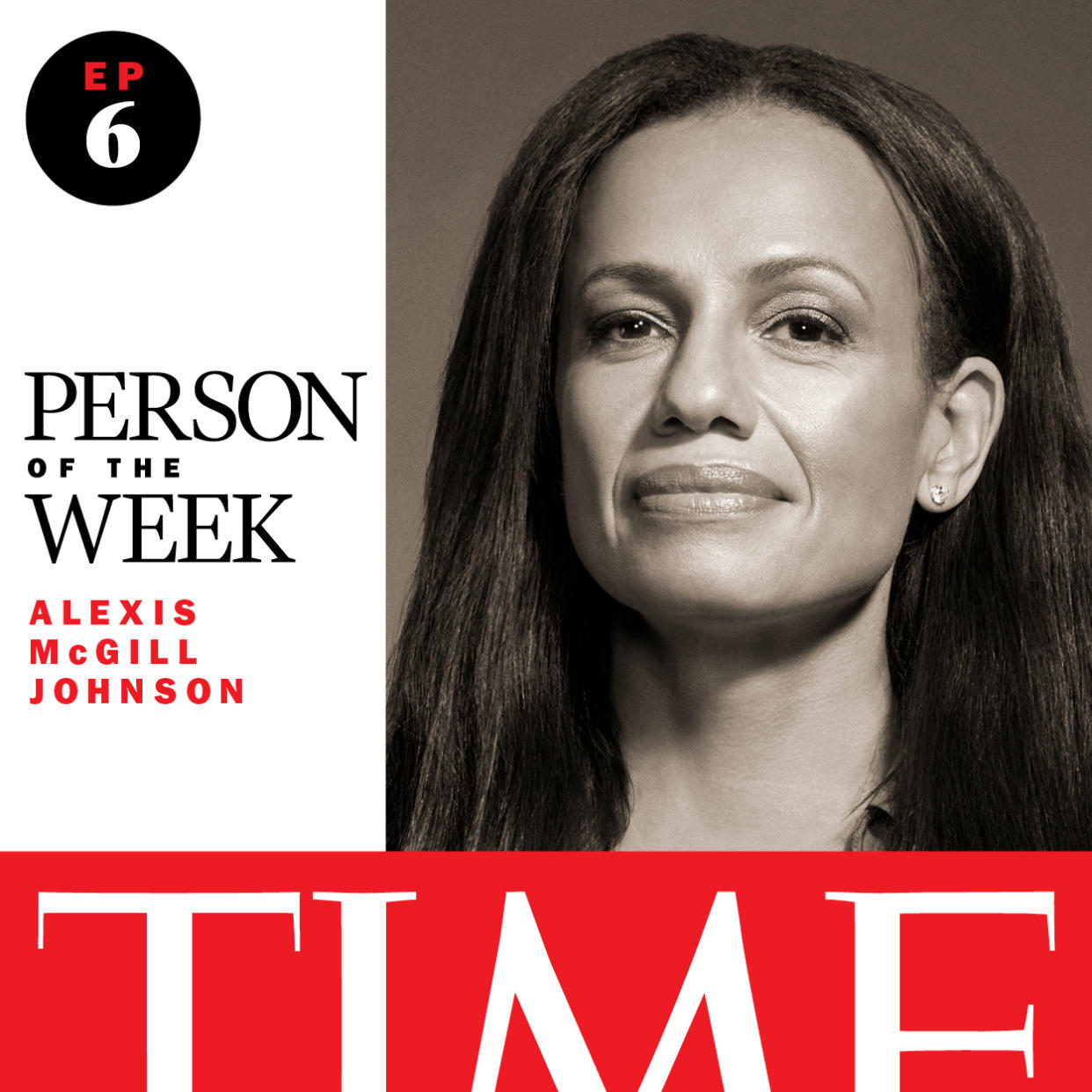Planned Parenthood's Alexis McGill Johnson Says Abortion Saved Democracy

- Oops!Something went wrong.Please try again later.
Credit - Mackenzie Stroh
I spoke with Alexis McGill Johnson, President and CEO of Planned Parenthood, on a recent summer afternoon, around the one-year anniversary of the Supreme Court’s 2022 Dobbs decision that overturned Roe v. Wade. McGill Johnson officially took the helm of Planned Parenthood in 2020, after rapid leadership changes and budget shortfalls caused by a Trump-Administration rule. Just a few years later, the Dobbs decision upended abortion rights in America.
Throughout our interview, McGill Johnson refers to some recent challenges to abortion rights at the state level, including Senate Bill 8, a.k.a. SB8. This is a Texas law passed in 2021 that bans abortion as soon as a heartbeat can be detected—at around six weeks, usually before someone even knows they’re pregnant. And SB8 takes things a step further, as it gives regular citizens the power to sue anyone willing to help someone get an abortion. This was the canary in the coal mine for post-Roe America.
Now, Planned Parenthood is waging political fights in multiple states at once, even as the organization continues to provide critical healthcare to many. And Alexis McGill Johnson is at the helm of one of the largest and most influential reproductive rights groups in the country at a time when those rights are under attack.
Tune in every Thursday, and join us as we continue to explore the minds that shape our world. You can listen to the full episode in the player above, but here are a handful of excerpts from our conversation:
On where she was when she learned Roe v. Wade had been overturned:
We were in Washington, DC.. We still all had our bets that it would be the following week, right? That it would be the very last decision, and the justices would skip town and not have to deal with any of the consequences.
We had our first meeting from 8:00 to 10:00. And at 10:00 AM we put a pause in, so that we could all doom scroll on our phones and look at SCOTUS blog. And I just remember sitting at the table, big conference room, and someone said, ‘It’s in.’ And then I heard, like, a sob, and then I read the words myself.
Later that day we put up a rally. We were in front of the court. And in that moment, I think what it really did, Charlotte, was kind of put into context the kind of hope that we were still holding onto, if we were honest… We’ve known this was coming, and we had scenario planned, and built out an entire patient navigation system for that. Even after we saw the Supreme Court decline to intervene in the SB8 case, even after we saw, we heard the oral arguments in the Dobbs decision. Even after the leak… [We were] still holding onto that like one kernel of like, it won’t happen. And I think it just speaks to the hope that we try to hold onto that our freedoms, you know, wouldn’t have been taken away. That hope…it doesn’t steel your heart for the shock and the outrage of what it really means when someone tells you you’re not equal, right?
On what’s next for the fight for abortion rights on the state level:
I think the people who stand on the side of freedom and rights have long played a federal game. And I think that that laser focus on federal elections obviously has meant a lot of resources have not gone into states. Has not built the power that we need to fight everything from school board races to local sheriffs and DAs who are gonna be enforcing bad abortion laws to state supreme court fights, right, which are now running in the tens of millions of dollars to win. And I think that the balance of that right now means that we do have to get very strategic and thoughtful about how do we spend our resources, in states where we believe that we will be able to maximize and build and sustain power over time.
I think prioritizing our fights for democracy and our fights for abortion access in a state like Georgia, in a state like North Carolina, in a state like Arizona, become incredibly important. So it’s hard to say like, ‘this is a strategy that’s gonna sweep all 30 states,’ because in fact each one is gonna be unique.
On the electoral significance of abortion:
Abortion saved democracy last year… Like, people do not understand the range of decisions that people make related to accessing abortion, and they also don’t understand how enraged people were that their private medical decisions were now being put in the hands of people like Ted Cruz. So I do think that people underestimated that rage. They underestimated our ability to hold multiple ideas at the same time, right? That we could both care about inflation, and we could also care about our freedom and rights being taken away. And I think they will continue to underestimate how devastating the experience has been to live in a world where your government, your courts have told you that you are not free and equal. And that is what I think we will continue to see throughout 2024.
This interview has been edited and condensed for clarity.

